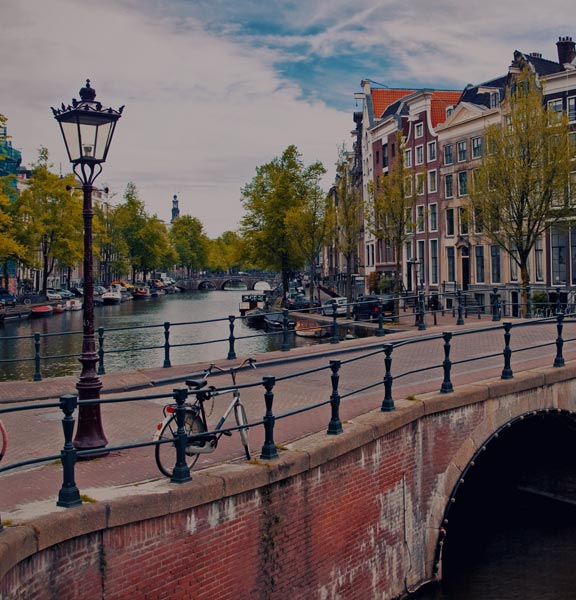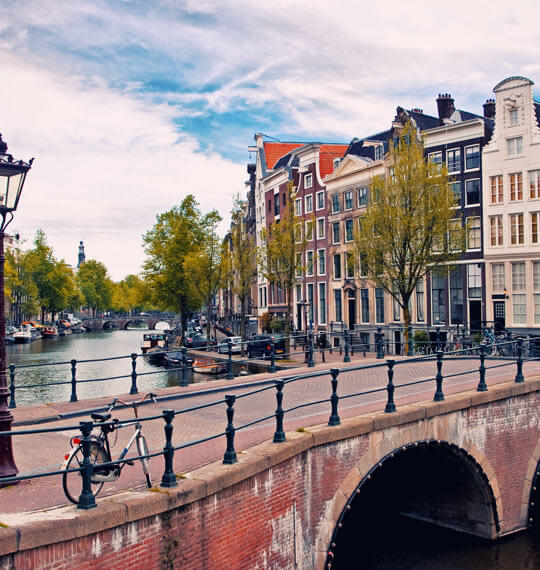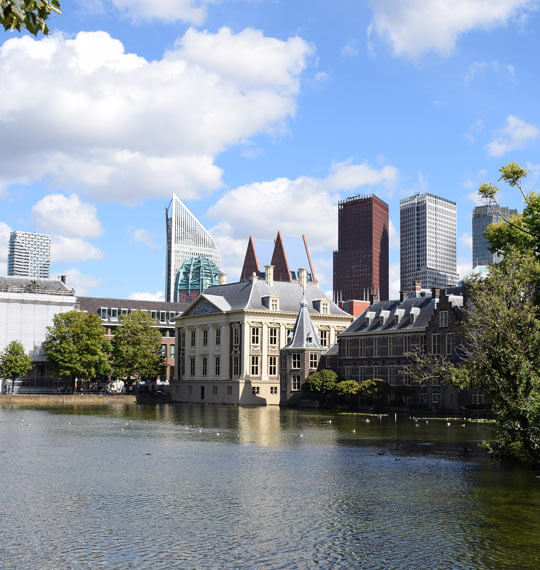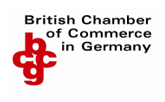Dutch Educational System offer various paths ending at a university or with vocational training. International students are well served at numerous international schools in the Netherlands.
In the Netherlands, education is considered a compulsory phase from the ages of 5 to 18, and the earliest time children begin education is at the age of four.
The primary education system is straightforward while the secondary education system is somewhat complicated because of the various paths and ages of graduation in high school.
The Dutch secondary schools operate in a system similar to those in other surrounding countries both in Europe and beyond, they have a stream to prepare the students for vocational training (VMBO), and a stream to prepare them for the university (VWO). There is also a unique stream created in the Dutch educational system that prepares the students to study at the University of Applied Sciences (HAVO).
The educational system in details are below:
Dutch Daycare (crèche, kindergarten)
Young children of about the age of between 4 to 5 years can choose to attend a non-compulsory daycare school such as kindergarten and crèche. Since it is not a compulsory educational option, parents or older relatives can watch over them.
Dutch Primary School
The primary school (Elementary) in the Netherlands comprises of eight grades, known as “groepen”, which ranges from group 1 (Groep 1) for 4-year olds to group 8 (Greop 8) for 12-year olds.
Although it is not mandatory for a student to attend the elementary school until the group 2 (Greop 2) at about age 5, a majority of the young children begin Greop 1 at the age of 4.
The entire elementary schooling process for younger children take about 8 years, in which in that time frame they develop fundamental techniques such as arithmetic, reading and writing.
Dutch Secondary School
At the time the students begin secondary school at the age of 12, they are advised to go into any three different streams for their secondary education, and these different streams are set up for each student based on their unique educational path based the educational level and desire. The three different streams are discussed below:
Preparatory secondary vocational education (VMBO)
The VMBO is a four-year stream that majors on practical knowledge, which gives way to vocational training (MBO). It consists of two qualification categories and the students complete the session at age 16.
Senior general education (HAVO)
The HAVO is a five-year duration stream that follows after the VMBO that equips the students to study more professional courses at the University of Applied Sciences, where they go on to pursue a bachelor’s degree in applied sciences. The students often complete the HVAO at about the age of 17.
University preparatory education (VWO)
The VWO is a six-year orientation programme that focuses on theoretical knowledge, that equips the students to pursue a bachelor’s degree at a research university, the students in this programme are known as Athenaeum and gymnasium which they conclude at about the age of 18.
International schools
In the special case of an international student, international schools in the Netherlands would be a perfect fit for them. These international schools give a similar standard with schooling generally across the globe, thereby creating an easy avenue for the transition between schools whether they in Britain or America.
They either have international educational curriculum, which is recognized all over the world, or they take up the national educational modules of an alternate nation (for instance a British international school would pursue a British educational programs). In any case, they are known for being socially extraordinary.
Not every student is qualified to go to an international school and this is set by the Dutch Ministry of Education, so make certain to watch that you qualify incase you settle on this sort of choice. You should be:
- A student who was not naturally introduced to a Dutch family and is anticipating remaining in the Netherlands for a constrained measure of time.
- A student with Dutch nationality, anyway the guardians are expected to be incidentally positioned abroad for somewhere around 2 years and will leave inside 2 years
- A child who is from a Dutch family, yet who have examined their training abroad themselves and consequently need to have their child in a comparable learning condition.
Each school varies when it comes to the curriculum, so it merits looking into the actual school to understand what educational programs they pursue.
If you are searching for a school who shows the educational modules in your local language, attempt a Foreign National School – these schools will instruct in their local language. For instance an ‘British International School’ will instruct in English, be that as it may, when all is said in done, the language of instructing for private international schools and Dutch schools is typically English, accordingly this would be the best alternative for your child if you need your child to learn in English.
As far as national certificates, both British and American schools dependably instruct in their very own curriculum’s, alongside offering extra recognitions. The British School (Amsterdam), offers A-Levels in any case, which are the capabilities taken as you leave school at 18 in the UK.












